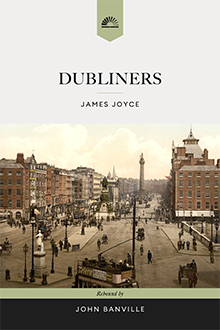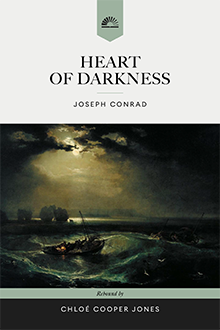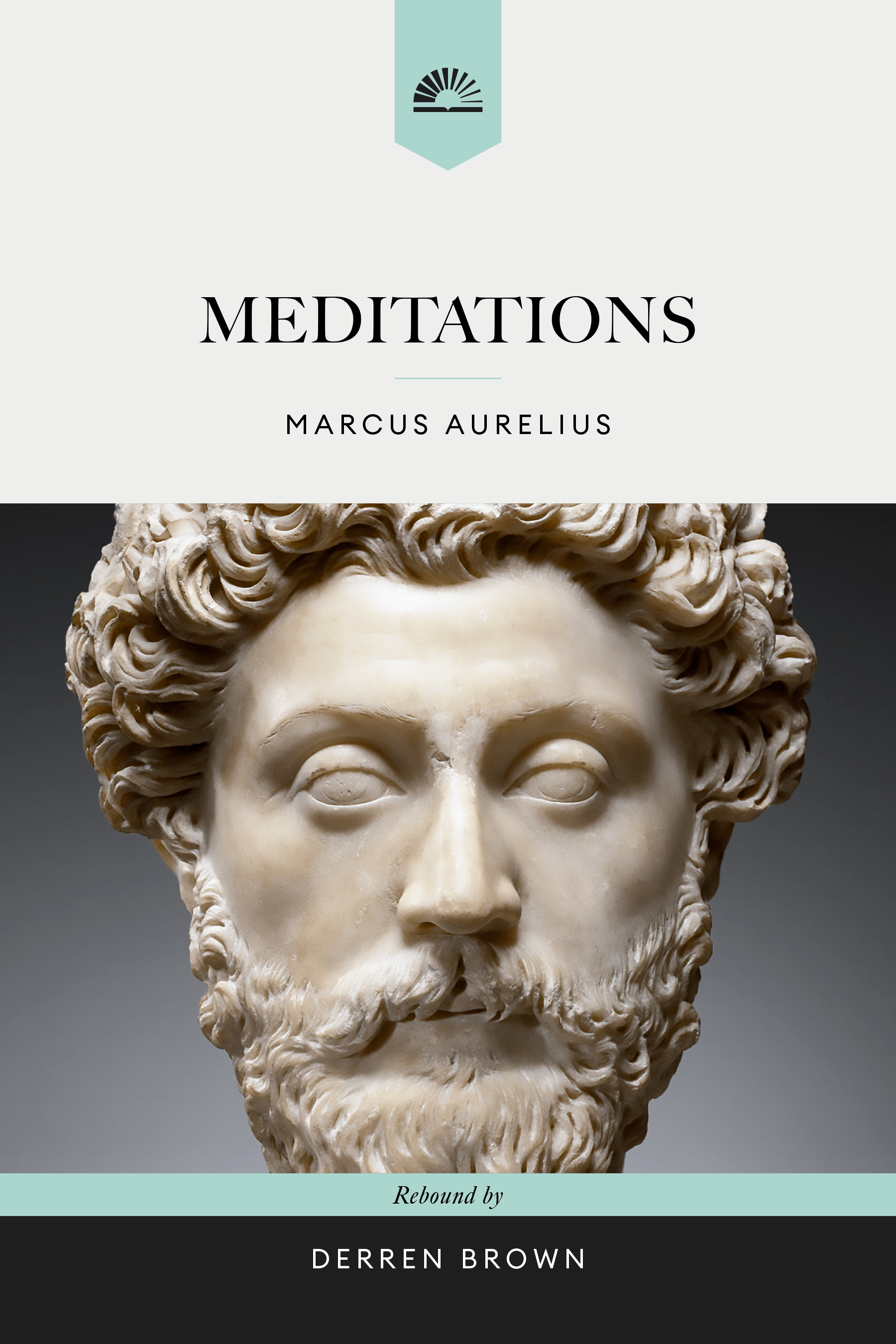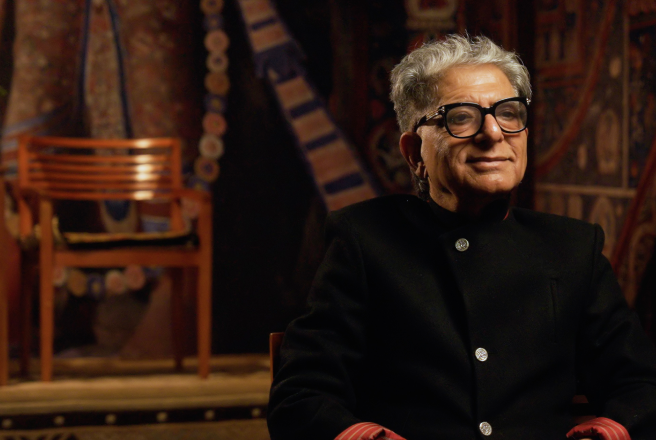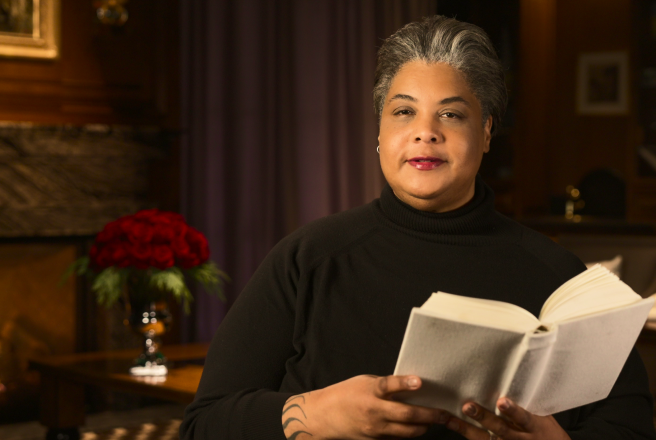Read. Watch. Discuss. Repeat.
Rebind's goal is to open challenging and inspiring books to readers.
About Elaine Pagels
NATIONAL BOOK AWARD WINNER, MACARTHUR FELLOW, PROFESSOR, REBINDER
Elaine Pagels transformed our understanding of early Christianity when she helped translate the Nag Hammadi library as a young scholar in the 1970s. As Harrington Spear Paine Professor of Religion at Princeton University, Pagels has dedicated her career to illuminating Christianity’s diverse origins through both academic rigor and accessible writing. Her groundbreaking 1979 book The Gnostic Gospels—winner of both the National Book Award and National Book Critics Circle Award—introduced general readers to these long-suppressed texts and challenged simplified narratives about Christianity’s development. As one of few women in a male-dominated field, Pagels brought unique perspective to texts that often feature prominent female disciples and divine feminine imagery.
Selections of Elaine Pagels’ Published Work
- Why Religion? A Personal Story
- Miracles and Wonder: The Historical Mystery of Jesus
- The Gnostic Gospels
- Beyond Belief
Elaine Pagels’ Accolades
Elaine Pagels In The News
Pagels’ own spiritual journey informs her approach to these ancient writings. Raised in a family that had “abandoned connection with religion,” she experienced both evangelical faith and subsequent disillusionment before turning to academic study. This personal search for meaning makes her an ideal guide through complex theological territory. Rather than approaching these texts as mere historical artifacts, Pagels illuminates their continuing relevance to spiritual seekers today. Her ability to balance scholarly precision with warmth and accessibility has made her one of the most influential voices in religious studies, helping readers navigate the fascinating intersection of history, spirituality, and human experience.
If you can open yourself to just listen to what these texts say, they're about what you experience deep within yourself and the sense that there is a connection between that and the divine sources.
REBIND FEATURES
You might like
~The world's most intriguing guides open up their favorite books for you.
Tour the classics with a companion and read deeper.
Stay updated on new book releases and features
By signing up for our email list, you indicate that you have read and agree to our Terms of Use.
We respect your privacy.